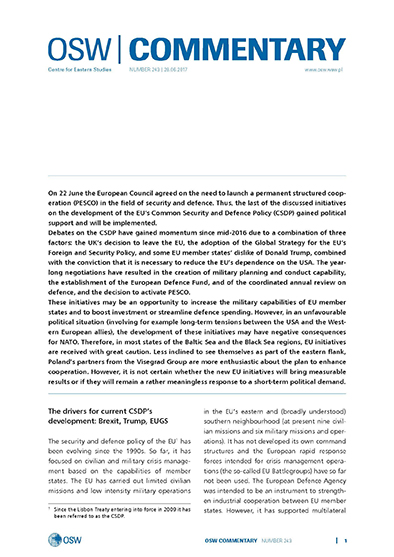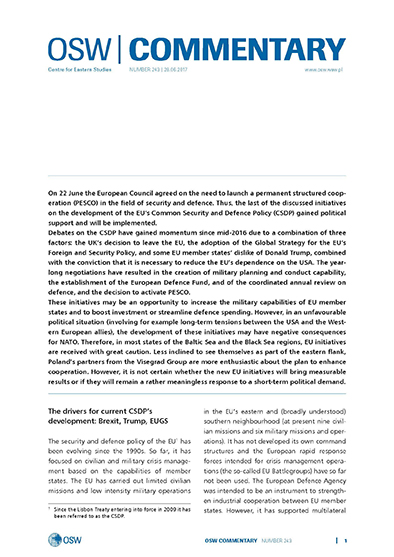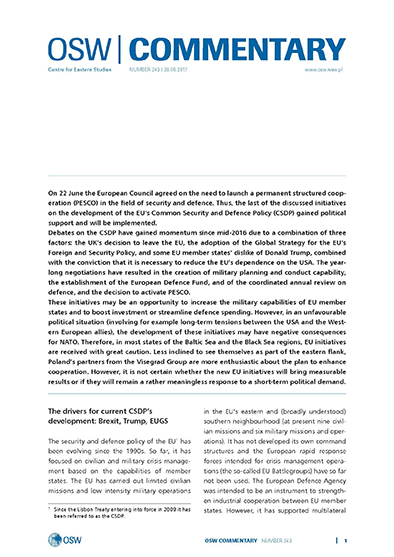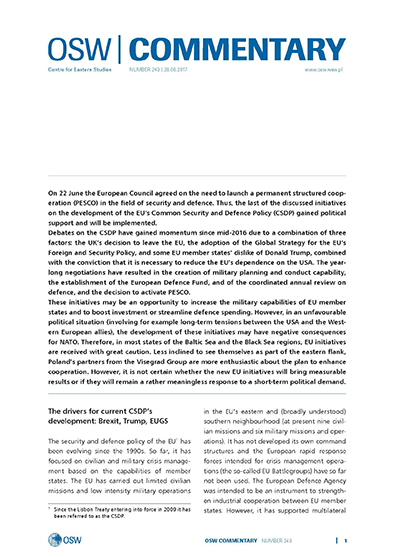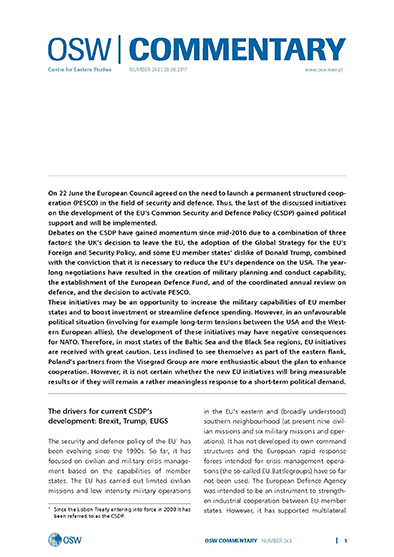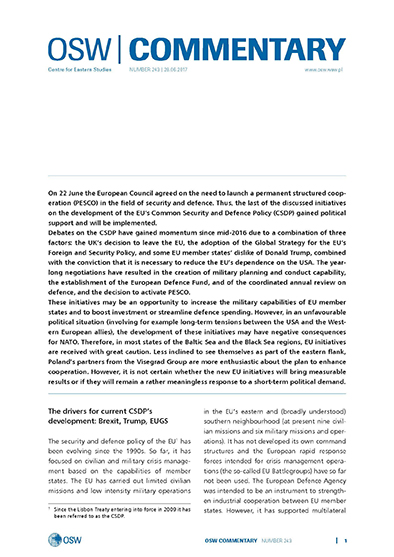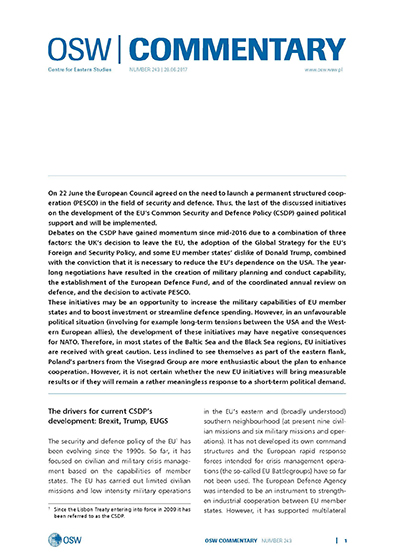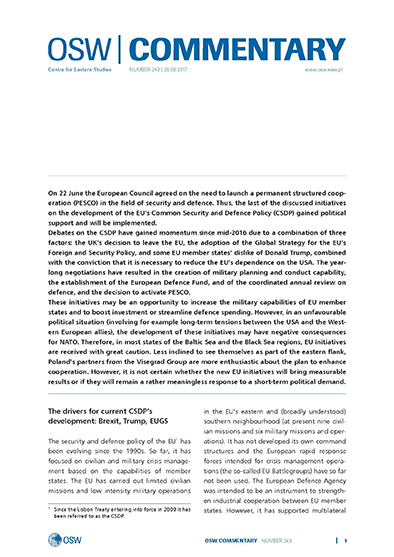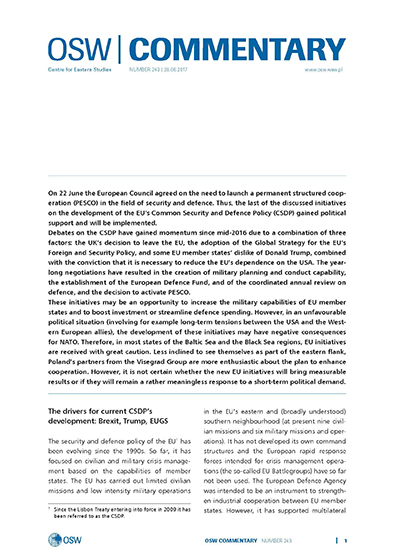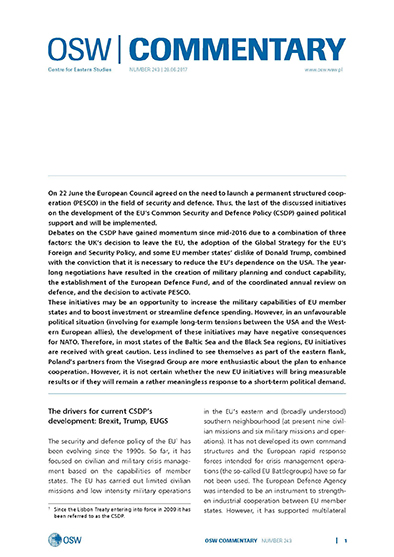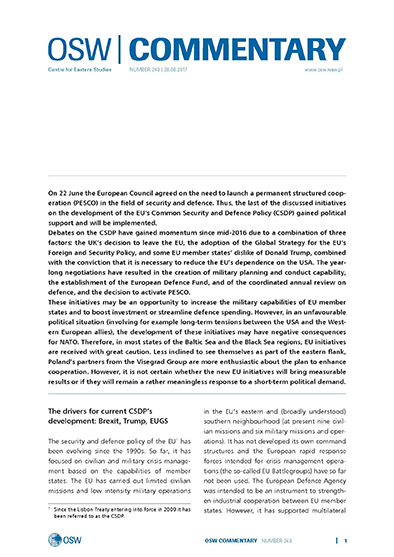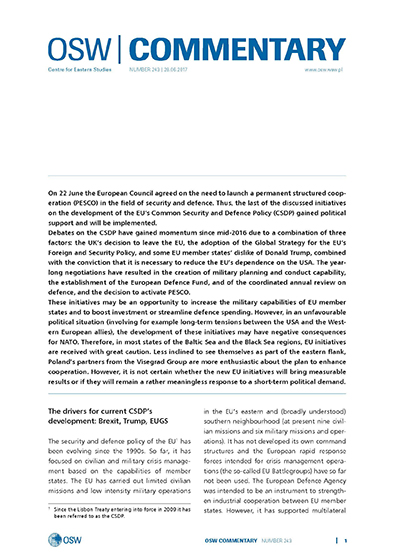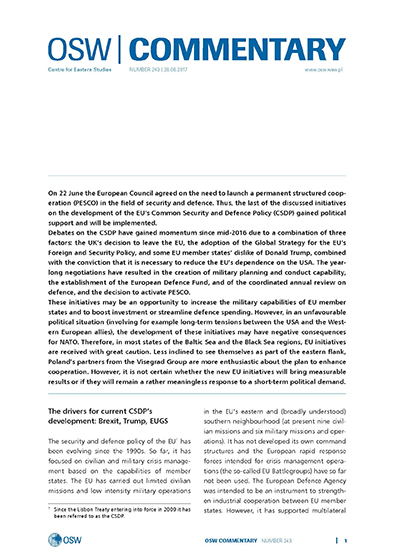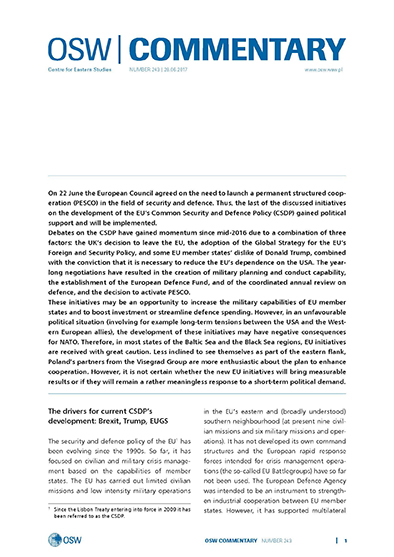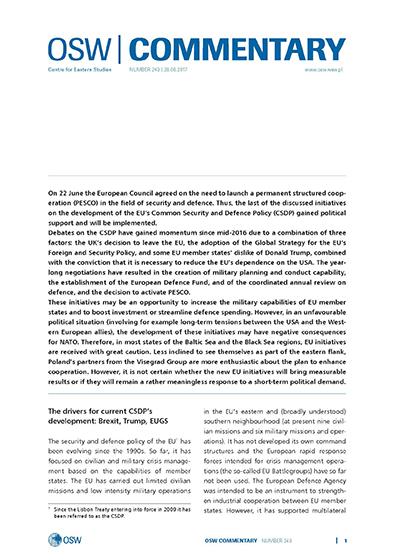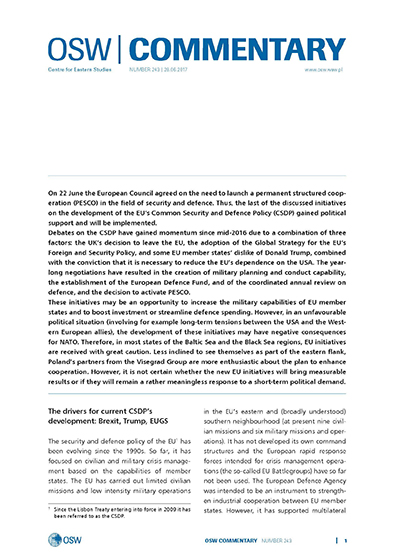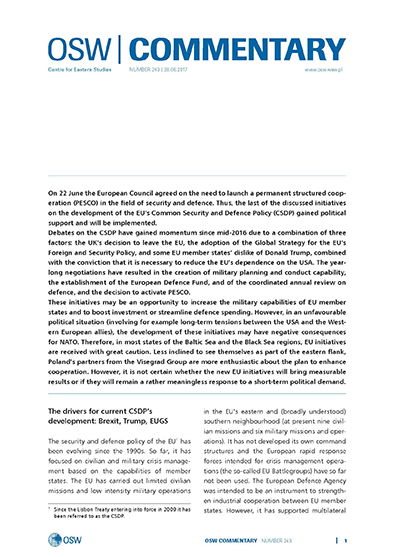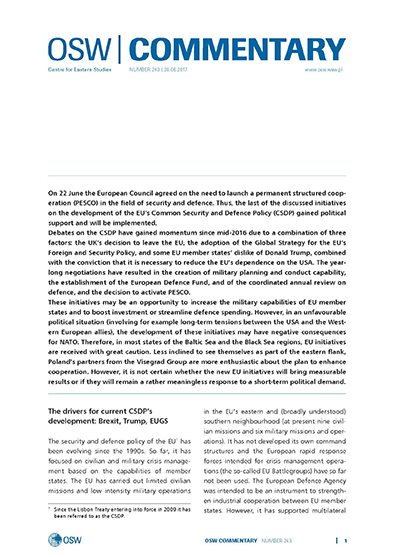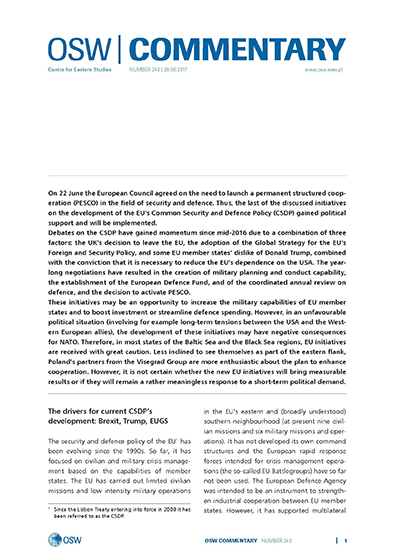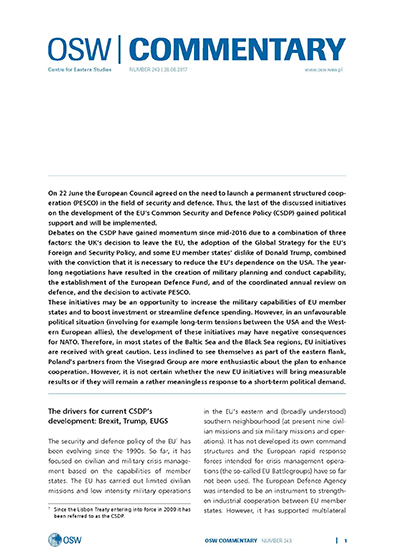
Illusions of power and stark realities: The second year of the economic crisis in Belarus
In 2016 the basic macroeconomic indicators of the Belarusian economy clearly proved that the Belarusian government failed to reverse the negative trends which occurred in 2015. The gap in the foreign trade balance grew, industrial production dwindled, foreign debt increased and the low foreign-exchange reserves continued. GDP fell for the second consecutive year and so it can already be stated that a long-term economic recession is setting in.The crisis has been caused by the failing, outdated model of the Belarusian economy. The country’s difficult economic situation was also influenced by external factors such as a substantial fall in the amount of Russian oil supplied at preferential prices to Belarusian refineries and an economic downturn in the world’s potassium-based fertilisers, which significantly reduced the profits from sales of Belarus’s most profitable exports. The Belarusian government, probably due to pressure from the long-standing crisis, has increasingly been referring in its rhetoric to the chances of improving the situation due to the development of innovative sectors (e.g. IT) and to the expansion of the freedom of operation of small and medium-sized enterprises. However, this has not translated into real reforms, even those limited to selected economic sectors. President Alyaksandr Lukashenka still fears he will lose full control of the Belarusian economy and is trying to maintain heavy industry based on large-scale production plants and dependent on supplies of natural resources from Russia and access to the Russian market. The Belarusian government is thus blocking the development of an economy based on strong foundations of economic growth which would be independent of external factors. In autumn of 2016 there was an unprecedented escalation of tensions between Minsk and Moscow which has yet to ease off. In this context, it should be expected that the crisis will continue in 2017 and the risk of an economic recession in Belarus will increase.
More...
